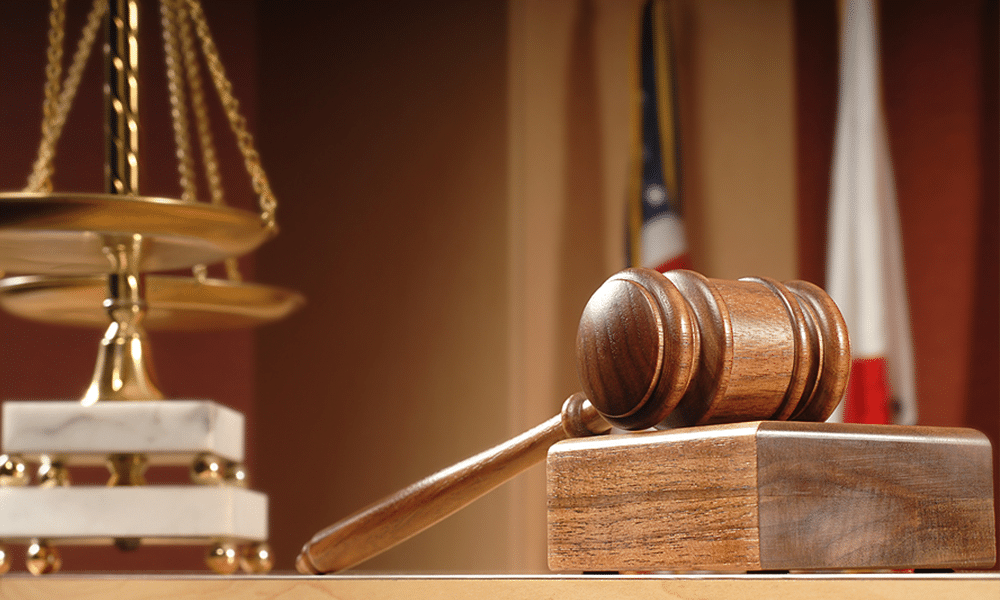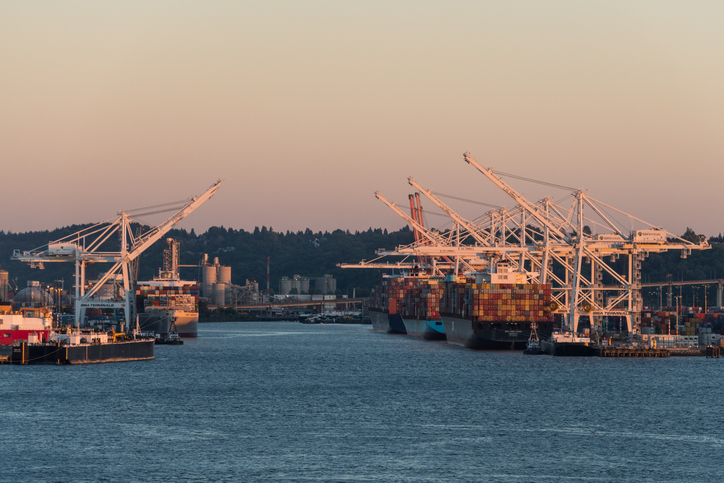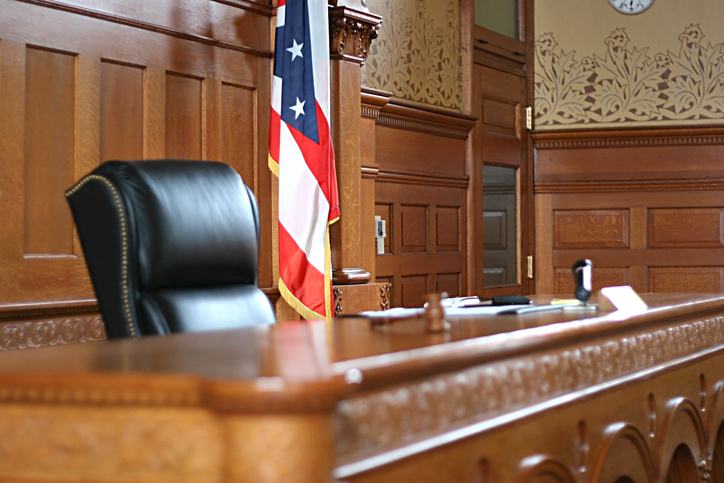Judge Refuses to Halt False-Claims Case Against KBR

By Andrew Ramonas,
A federal judge in Washington is trying to move forward a long-running whistleblower case as KBR Inc. appeals orders that require the contractor to disclose certain internal papers.
U.S. District Judge James Gwin on Saturday denied KBR’s request to stay proceedings in the False Claims Act case as the contractor challenges rulings he made last year. Under the orders, KBR must give lawyers for whistleblower Harry Barkoaccess to documents the company contends are protected from disclosure under the attorney-client privilege.
The U.S. Court of Appeals for the D.C. Circuit in December issued an administrative stay on the rulings as it considers the appeal. The matter is before D.C. Circuit judges Thomas Griffith, Brett Kavanaugh and Robert Wilkins.
Gwin on Saturday wrote in an opinion that much of the case’s discovery doesn’t concern attorney-client privilege questions and isn’t related to KBR’s appeal.
“A ruling on the mandamus petition would have no obvious impact on Barko’s renewed discovery efforts,” he wrote. “Even if the Court of Appeals disagrees with this court’s earlier orders, KBR must still respond to discovery demands covering relevant matters.”
Vinson & Elkins partner Craig Margolis, a lawyer for KBR, declined to comment.
Michael Kohn, representing Barko, said in an email to the NLJ: “We anticipate that Judge Gwin’s order will bring an end to the abuse that has framed KBR’s past response to Mr. Barko’s discovery efforts.”
In June, the D.C. Circuit overturned another ruling by Gwin for KBR to disclose files concerning its investigation into an alleged kickback scheme involving it and a subcontractor, Daoud & Partners Inc. Daoud built and staffed laundry facilities in Iraq for the U.S. military.
Gwin in December said witness statements—but not information about the company’s code of business conduct—are protected from disclosure under attorney-client privilege. The code documents give “background information” that is “fact, not opinion, work product,” the judge said.
Margolis and other lawyers for KBR wrote in their December D.C. Circuit petition challenging Gwin’s orders that the chief judge of the U.S. District Court for the District of Columbia should reassign the case, which Barko brought in 2005. The lawyers wrote that Gwin has “crossed the line from neutral arbiter to independent inquisitor” through his actions on discovery in the case.
“The court’s persistent efforts to identify some grounds for compelling disclosure of the same documents this court found to be privileged suggests that it holds the ‘unshakable view that [KBR] is guilty of global malfeasance, and that the court’s duty is to ferret out the evidence of its misdeeds,’ ” the company’s lawyers wrote.




